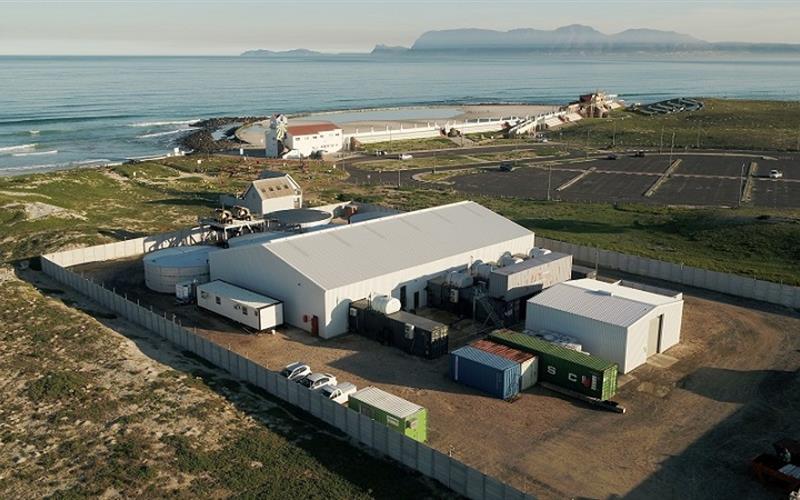The Standfontein desalination plant was decommissioned at midnight on Wednesday, June 17 a month earlier than scheduled. Over a period of two years, the temporary plant contributed massively to the City’s water supply, providing 3.8 billion litres at a time when Cape Town was close to running out of potable water. The plant will now be broken down and the land restored to its former condition.
Since it commissioned the desalination plant two years ago, the City of Cape Town said, it “has acquired valuable knowledge through hands-on experience about the operation of this alternative water technology”.
City officials now feel confident about their ability to pursue the large scale desalination project included in the Water Strategy.
The City reported that the decommissioning took place on account of a request by the contractor, who said there is a demand for desalination elsewhere.
“After careful consideration, as there is no cost incurred by the City as well as the negligible impact this would have on water security, the City has accepted this proposal,” the statement read.
The initial purpose of the plant, which was commissioned in May/June 2018, was to function as an emergency water supply. This was to take precaution ahead of Day Zero, which would have required the city to switch off taps and create water collection points.
According to the City, Day Zero was “narrowly avoided”. However, the dire circumstances showed them that “relying solely on surface water was no longer a sustainable approach”.
“This was a first for the City, and the experience of the past two years has taught us a lot about the management of a desalination plant. They say that one should never let a good crisis go to waste, and while the going was tough during the worst drought in our recorded history, this project has shown that we can produce clean, SANS 241 approved drinking water through desalination. Successfully concluding this project brings us a step closer towards achieving resilience through alternative water sources and large scale desalination in the coming years,” said Xanthea Limberg, Mayoral Committee Member for Water and Waste.
Once the plant is closed, the infrastructure will be removed by the contractor, during which the public may not be able to access sections of the area. Timeframes for the removal will depend on weather and sea conditions.
“The area on which the plant was built will be restored to its former condition. An Environmental Control Officer will monitor the rehabilitation work,” said the City.
They are confident about water security going forward. “According to the City’s modelling, there is around a 50% chance that dams will be full by the end of this winter. Current and future predictions indicate that residents will not be required to lower consumption for 2020/21 any more than they are doing already. Also new permanent augmentation schemes will be making a much more significant impact in the near future,” they said.
Find out more about the City’s water strategy here.
Picture: City of Cape Town

